ITR 1
This income tax return form is also called a Sahaj form. The ITR-1 form is to be filed solely by an individual taxpayer. Any other assessee liable to pay tax will not be eligible to avail of this form for the purpose of filing their returns. This form is applicable for the following:
- Individuals who earn income through salary or through means such as pension
- Individuals who earn income from a single housing property
- Individuals who have no income from any other business or who have no income from the sale of any assets ie: capital gains
- Individuals who do not own any assets or property in countries other than India
- Individuals who do not earn income from any country outside India
- Individuals whose income from agriculture is below Rs 5,000
- Individuals who earn income from various investments or sources such as Fixed Deposits, Investments, Shares etc
- Individuals who have not earned income from any windfall such as lotteries or horse racing
- Individuals who wish to club the income of their spouse or underage child with their own income, so long as the income to be clubbed is in accordance with the criteria mentioned abov
ITR 2
The ITR-2 Form is generally used by individuals who have accrued income through the sale of assets or property as well as individuals who earn income from countries outside India. Individuals or Hindu Undivided Families (HUF) can avail of this form to file their returns. This form is applicable for the following:
- Individuals who earn income through salary or through means such as pension
- Individuals who earn income through the sale of assets or property in India ie: capital gains
- Individuals who earn income from more than one housing property
- Individuals who do not earn income from any business venture
- Individuals who own assets in countries outside of India
- Individuals who earn income from countries outside of India
- Individuals whose income from agriculture is above Rs 5,000
- Individuals who earned income from any windfall such as lotteries or horse racing
ITR 3
The ITR-3 Form is to be used by a taxpayer who is either an individual or a Hindu Undivided Family (HUF) who solely operate as a partner in a firm but who do not conduct any business under the firm or who do not earn any income from the business conducted by the firm. This form can be filed by those taxpayers whose taxable income earned from business is only in the form of the following received as a partner:
- Salary
- Commission
- Bonus
- Interest
- Remuneration
ITR 4
The ITR-4S form is also known as the Sugam form and can be used by any individual or Hindu Undivided Family (HUF) for filing their tax returns. This form is applicable for the following:
- Individuals who earn income from any business
- Individuals who earn income from a single housing property
- Individuals who do not earn income through the sale of assets or property in India ie: capital gains
- Individuals whose income from agriculture is below Rs 5,000
- Individuals who do not own any assets or property in countries other than India
- Individuals who do not earn income from any country outside India
This income tax return form is used in special circumstances and applies to businesses where any income earned is based on a presumptive method of calculation.
ITR 5
The ITR-5 form is to be used by only by the following entities for filing income tax returns:
- Firms
- Limited Liability Partnerships (LLPs)
- Body of Individuals (BOIs)
- Association of Persons (AOPs)
- Co-operative Societies
- Artificial Judicial Persons
- Local Authorities
ITR 6
The ITR-6 form is to be used only by companies except those companies or organisations that claim tax exemption as per Section 11. Those organisations that claim tax exemptions as per Section 11 are organisations wherein the income received is accumulated from the property used for the purpose of religion or charity. This particular income tax return form can only be filed online.
ITR 7
The ITR-7 income tax form is to be filed by individuals or companies that are required to submit their returns under the following sections:
- Section 139(4A) – Under this section, returns can be filed by those individuals who receive income from any property that is held for the purpose of charity or religion in the form of a trust or legal obligation
- Section 139(4B) – Under this section, returns are to be filed by political parties provided their total income earned is above the non-taxable limit
- Section 139(4C) – Under this section, returns are to filed by the following entities:
- Any institution or association mentioned under Section 10(23A)
- Any association involved with scientific research
- Any institution mentioned in Section 10(23B)
- Any news agency
- Any fund, medical institution or educational institution
- Section 139(4D) – Under this section, returns are to be filed by entities such as colleges, universities or any other such institution wherein income returns or loss are not required to be provided in accordance with other provisions outlined in this section.
Form 24 Q
Quarterly statement of deduction of tax under sub-section (3) of section 200 of the Income-tax Act in respect of salary for the quarter ending (June/September/December/March) of a Financial Year.
Form 26 Q
Quarterly statement of deduction of tax under sub-section (3) of section 200 of the Income-tax act in respect of payments other than salary for the quarter ending (June/September/December/March) of a Financial Year.
Form 26 QA
Particulars required to be maintained for furnishing quarterly return under section 206A.
Form 26 QB
Challan-cum-statement of deduction of tax under section 194-IA.
Form 27 Q
Quarterly statement of deduction of tax under sub-section (3) of section 200 of the Income-tax Act in respect of payments other than salary made to non-residents for the quarter ending (June/September/December/March) of a Financial Year.
Form 16
Certificate under section 203 of the Income-tax Act, 1961 for TDS on salary.
Form 16 A
Certificate under section 203 of the Income-tax Act, 1961 for TDS on income other than salary.
Form 16 B
Certificate under section 203 of the Income-tax Act, 1961 for TDS on sale of property.
Buy Now
-
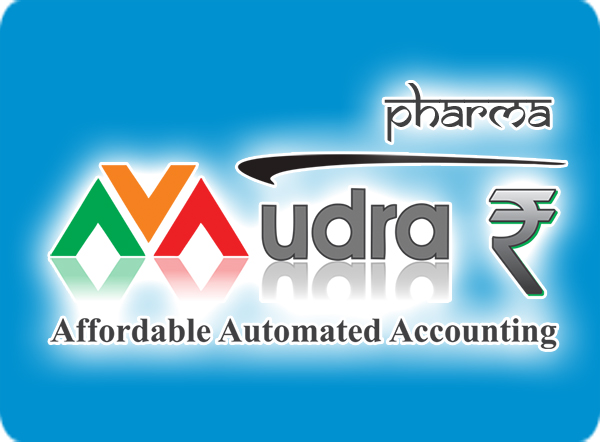 Mudra Pharma
₹3,000 – ₹30,000 excluding GST
Mudra Pharma
₹3,000 – ₹30,000 excluding GST
-
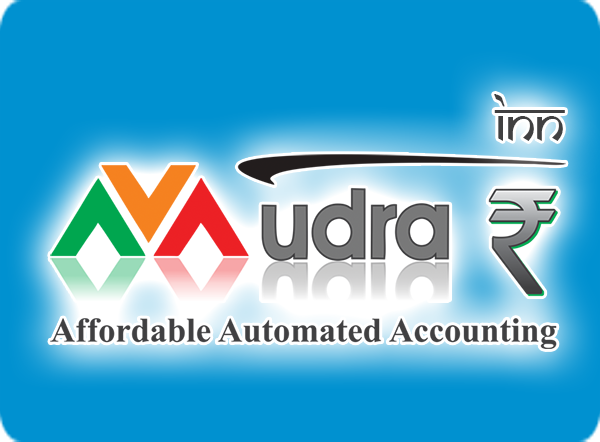 MUDRA INN
₹3,000 – ₹30,000 excluding GST
MUDRA INN
₹3,000 – ₹30,000 excluding GST
-
 Mudra Gurukul
₹3,000 – ₹30,000 excluding GST
Mudra Gurukul
₹3,000 – ₹30,000 excluding GST
-
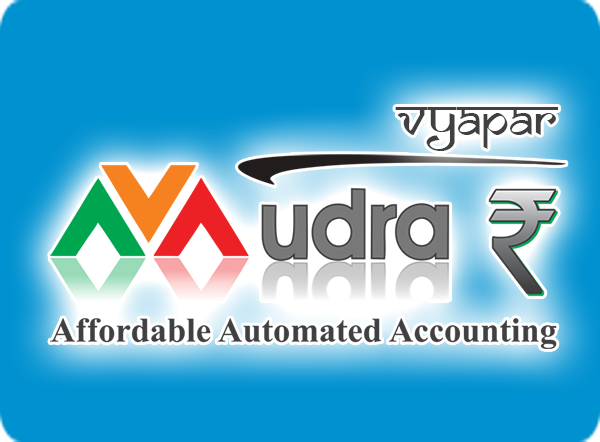 Mudra Vyapar
₹3,000 – ₹30,000 excluding GST
Mudra Vyapar
₹3,000 – ₹30,000 excluding GST
-
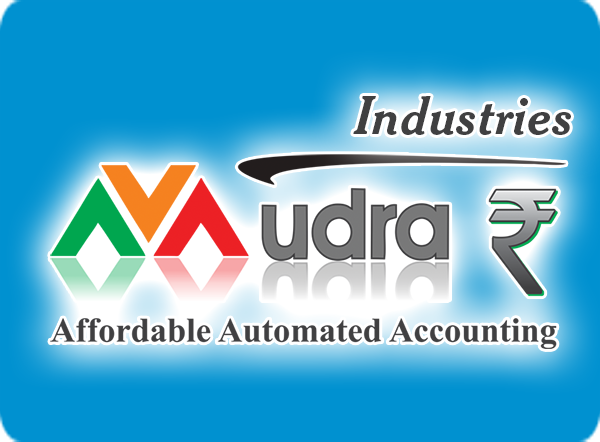 Mudra Industries
₹3,000 – ₹30,000 excluding GST
Mudra Industries
₹3,000 – ₹30,000 excluding GST
-
 Mudra Pathology
₹3,000 – ₹30,000 excluding GST
Mudra Pathology
₹3,000 – ₹30,000 excluding GST
-
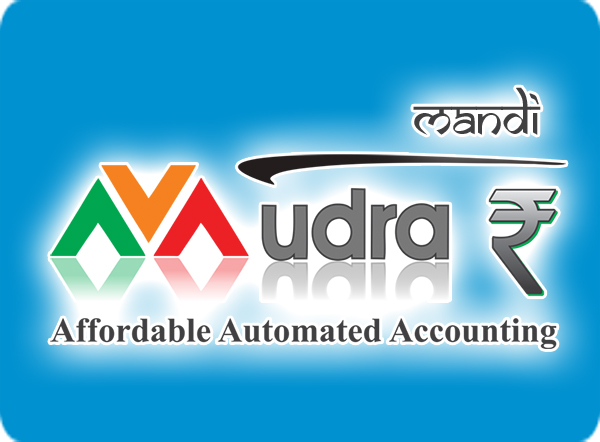 Mudra Mandi
₹3,000 – ₹30,000 excluding GST
Mudra Mandi
₹3,000 – ₹30,000 excluding GST
-
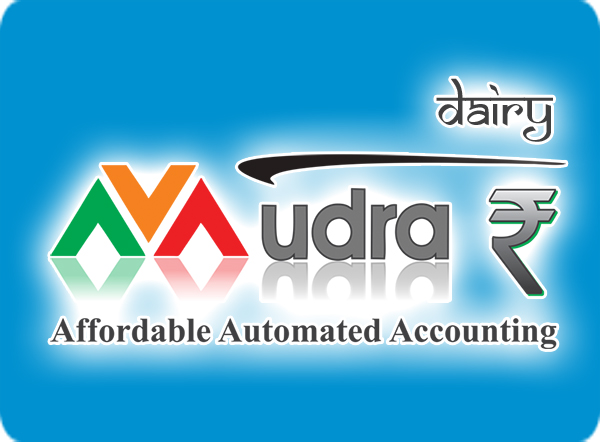 Mudra Dairy
₹3,000 – ₹30,000 excluding GST
Mudra Dairy
₹3,000 – ₹30,000 excluding GST
-
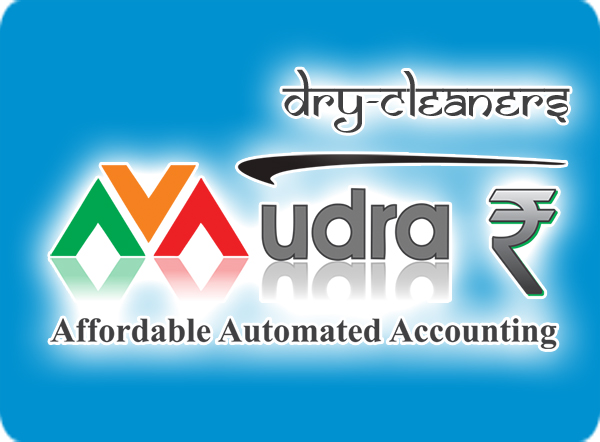 Mudra Dry-cleaners
₹3,000 – ₹30,000 excluding GST
Mudra Dry-cleaners
₹3,000 – ₹30,000 excluding GST
-
 Mudra Express
₹3,000 – ₹30,000 excluding GST
Mudra Express
₹3,000 – ₹30,000 excluding GST
-
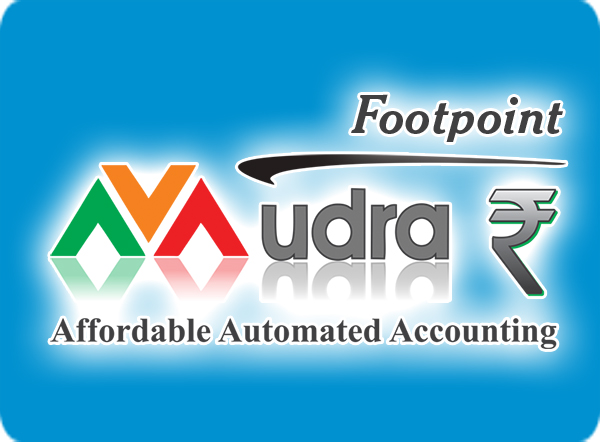 Mudra Footpoint
₹3,000 – ₹30,000 excluding GST
Mudra Footpoint
₹3,000 – ₹30,000 excluding GST
-
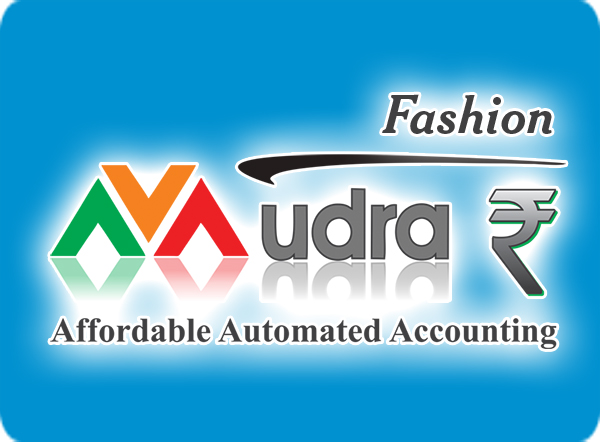 Mudra Fashion
₹3,000 – ₹30,000 excluding GST
Mudra Fashion
₹3,000 – ₹30,000 excluding GST
-
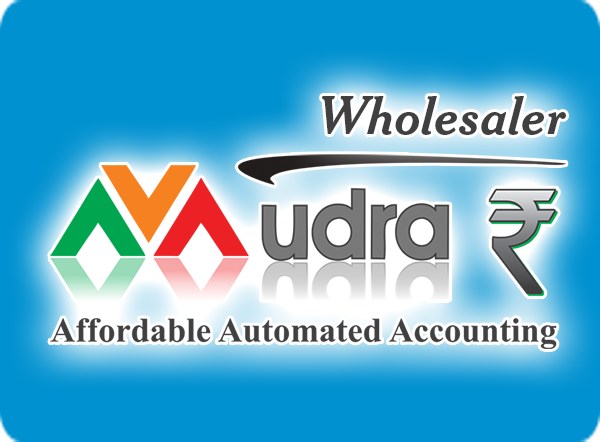 Mudra Wholesalers / Distributors
₹3,000 – ₹30,000 excluding GST
Mudra Wholesalers / Distributors
₹3,000 – ₹30,000 excluding GST
-
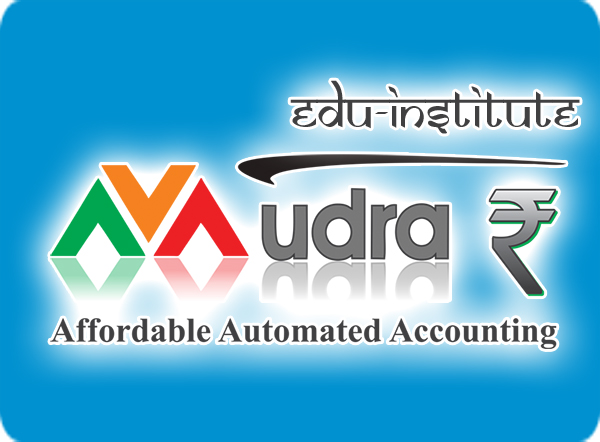 Mudra Edu-Institute
₹3,000 – ₹30,000 excluding GST
Mudra Edu-Institute
₹3,000 – ₹30,000 excluding GST
Quick Links
- HOME
- Your’s Mudra
- Know Us
- Mudra Software’s
- Mudra Associates
- Mudra Knowledge Center
- GST Registration
- Apply PAN CARD
- Buy DSC
- GST Return Filling
- Income Tax Return Insight
- Digital Signature Insight
- FSSAI Insight
- Patent Insight
- Trademark Insight
- Copyright Insight
- Patent Search
- Digital Signature Documents Requirements
- Documents Required For Copyright
- Documents Required For Patent
- Documents Required For Trademark
- Documents For PAN CARD
- GST Documents Required
- FAQs- GSTR-1
- Aggregate Turnover under GST
- E-way Bill
- Provisional Patent
- Set off – Input Credit
Individuals and Hindu Undivided Family (HUF) less than 60 years old
• Surcharge: When the total income is Rs.50 lakh or more but less than Rs.1 crore, the surcharge is 10% of the income tax.
• Surcharge: When the total income is more than Rs.1 crore, the surcharge is 15% of the income tax.
Senior Citizens who are 60 years old or more, but less than 80 years old
• Surcharge: When the total income is Rs.50 lakh or more but less than Rs.1 crore, the surcharge is 10% of the income tax.
• Surcharge: When the total income is more than Rs.1 crore, the surcharge is 15% of the income tax.
Senior Citizens who are 80 years old or more
• Surcharge: When the total income is Rs.50 lakh or more but less than Rs.1 crore, the surcharge is 10% of the income tax.
• Surcharge: When the total income is more than Rs.1 crore, the surcharge is 15% of the income tax.
Income Tax slabs applicable for Domestic Companies
• Cess: 3% of the corporate tax
• Surcharge: When the taxable income is higher than Rs.1 crore but less than Rs.10 crore, the applicable surcharge will be 7%.
• Surcharge: When the taxable income is higher than Rs.10 crore, the applicable surcharge will be 12%.

